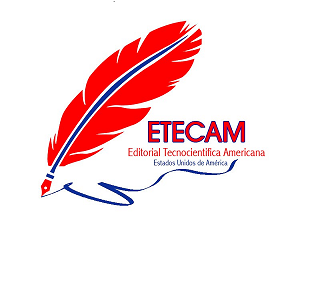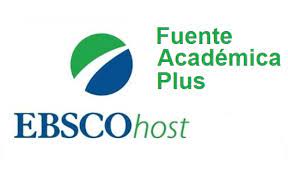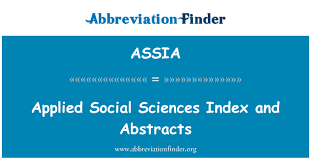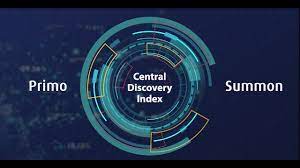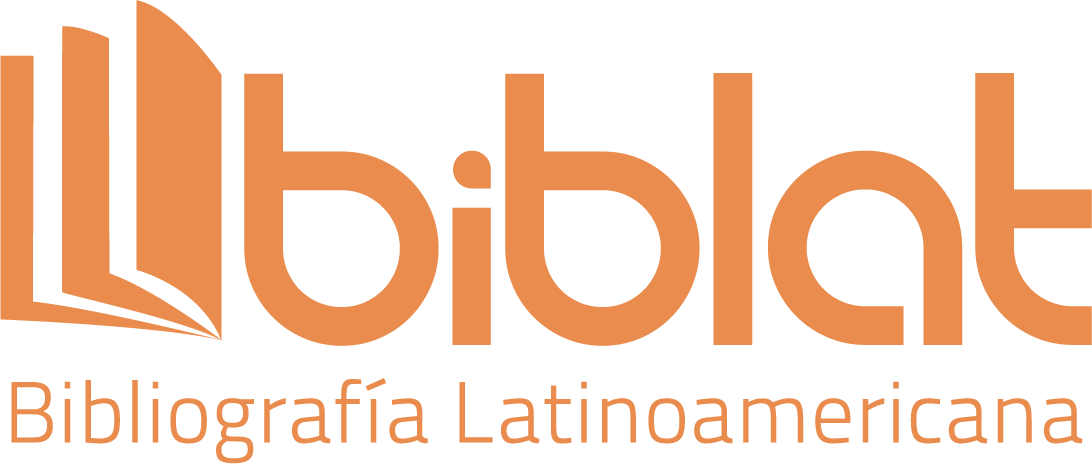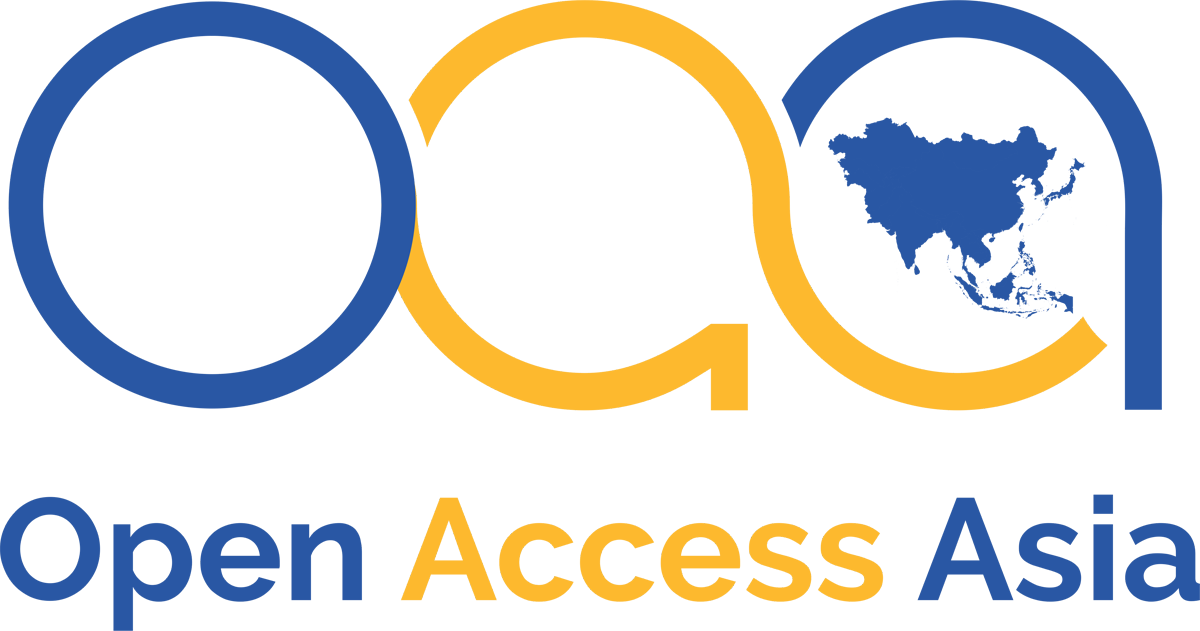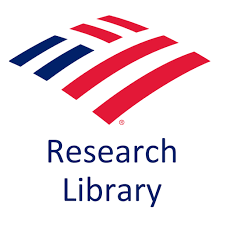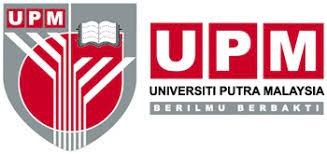Adolescent mother-child interaction and its relationship with social development
DOI:
https://doi.org/10.51736/sa.v5i1.74Keywords:
adolescent behavior, child development, teenage pregnancy, mother-child relationship.Abstract
The adolescent mother-child interaction is a determining factor in the social development of the child in early childhood. It allows the acquisition of social skills, as well as the development of learning and motivating, autonomous and independent development. These capacities are built in the first three years of life and persist throughout life. The objective is to design a methodological guide to strengthen the knowledge and attitudes in the adolescent mother-child bond and its relationship with the social development of the child from 1 to 3 years. The study design included a descriptive, prospective and cross-sectional analysis of 30 adolescent mothers between 15 and 19 years old, with children between 1 and 3 years old. It was carried out in the Pillaro social action patronage, in Ecuador. In obtaining the results, a sociodemographic data questionnaire, an abbreviated development scale and a mother-child relationship evaluation questionnaire were applied, from which a methodological guide was designed. The results obtained allow us to affirm that 70% of adolescent mothers have a positive mother-child relationship. Similarly, 23% of the children achieved medium-level social development. Finally, adolescent mothers with adequate demographic conditions had children with greater social development. The conclusions indicate that the methodological guide designed established a training system on the interaction between mother-adolescents and children, with activities to strengthen knowledge and stimulate attitudes that promote positive interaction with the social environment.
Downloads
References
Abdalá, A. L., Campuzano, E. V., Muñoz, A. C., Corona, J. G., & Leyva, C. D. J. G. (2017). Adolescent pregnancy: its causes and repercussions in the dyad. Revista médica del Instituto Mexicano del Seguro Social, 55(2), 223. http://revistamedica.imss.gob.mx/editorial/index.php/revista_medica/article/view/1379
Alamo, N., Krause, M., Pérez, J. C., & Aracena, M. (2017). Impacto de la salud psicosocial de la madre adolescente en la relación con el niño/ay su desarrollo. Revista Argentina de Clínica Psicológica, 26(3), 332-346. https://www.redalyc.org/pdf/2819/281953368010.pdf
Althabe, F., Moore, J. L., Gibbons, L., Berrueta, M., Goudar, S. S., Chomba, E., ... & McClure, E. M. (2015). Adverse maternal and perinatal outcomes in adolescent pregnancies: The Global Network’s Maternal Newborn Health Registry study. Reproductive health, 12(2), 1-9. https://doi.org/10.1186/1742-4755-12-S2-S8
Amani, M., Koruzhdeh, E., & Taiyari, S. (2019). The effect of strengthening executive functions through group games on the social skills of preschool children. Games for health journal, 8(3), 213-219. https://doi.org/10.1089/g4h.2018.0052
Aubone, N. S., Franco, P., & Mustaca, A. E. (2016). Habilidades sociales en niños y su relación con el jardín maternal. Revista ConCiencia EPG, 1(2), 57-85. https://doi.org/10.32654/CONCIENCIAEPG.1-2.10
Binda, V., Figueroa-Leigh, F., & Olhaberry, M. (2019). Low quality of mother-child interaction in infants at psychosocial risk is associated with risk of developmental delay. Rev Chil Pediatr, 90(3), 260-266. https://doi.org/10.32641/rchped.v90i3.782
Blewitt, C., Fuller-Tyszkiewicz, M., Nolan, A., Bergmeier, H., Vicary, D., Huang, T., ... & Skouteris, H. (2018). Social and emotional learning associated with universal curriculum-based interventions in early childhood education and care centers: a systematic review and meta-analysis. JAMA network open, 1(8), e185727-e185727. https://dx.doi.org/10.1001/jamanetworkopen.2018.5727
Bravo, P., Contreras, A., Dois, A., Contreras, M., & Rojas, A. (2017). Necesidades psicosociales y características de una intervención online para apoyar a las madres adolescents. Revista chilena de obstetricia y ginecología, 82(5), 566-573. http://dx.doi.org/10.4067/s0717-75262017000500566
Cancino, A. M., & Valencia, M. H. (2015). Embarazo en la adolescencia: cómo ocurre en la sociedad actual. Perinatología y reproducción humana, 29(2), 76-82. http://dx.doi.org/10.1016/j.rprh.2015.05.004
Catalano, R. F., & Kellogg, E. (2020). Fostering healthy mental, emotional, and behavioral development in children and youth: a national agenda. Journal of Adolescent Health, 66(3), 265-267. https://doi.org/10.1016/j.jadohealth.2019.12.003
Castillo, A. C. R., Valerdi, A. Y. R., & Moyeda, I. X. G. (2013). Relación entre el autoconcepto y la percepción de la crianza en madres adolescentes y adultas. Revista Intercontinental de Psicología y Educación, 15(2), 45-73. https://www.redalyc.org/pdf/802/80228344004.pdf
Chalán, M. J. J., Orihuela, M. V. O., & Huiman, E. J. Y. (2018). Teoría de la personalidad según Albert Bandura. Revista de investigación de estudiantes de psicología" Jang", 7(2), 22-35. http://revistas.ucv.edu.pe/index.php/jang/article/view/1510
El Nokali, N. E., Bachman, H. J., & Votruba‐Drzal, E. (2010). Parent involvement and children’s academic and social development in elementary school. Child development, 81(3), 988-1005. https://doi.org/10.1111/j.1467-8624.2010.01447.x
Enríquez, A., Villagómez, D. O., & Sacoto, M. F. M. (2019). Adolescentes mujeres y jóvenes adultas frente a los temas de embarazo y aborto: ¿Percepciones diferentes según la edad? Estudio realizado en Quito, Ecuador (2017). Psicología, Conocimiento y Sociedad, 9(1), 5-25. http://dx.doi.org/10.26864/pcs.v9.n1.5
Franck, L., Midford, R., Cahill, H., Buergelt, P. T., Robinson, G., Leckning, B., & Paton, D. (2020). Enhancing social and emotional wellbeing of Aboriginal boarding students: Evaluation of a social and emotional learning pilot program. International journal of environmental research and public health, 17(3), 771. https://doi.org/10.3390/ijerph17030771
Gallant, C. M., Lavis, L., & Mahy, C. E. (2020). Developing an understanding of others’ emotional states: Relations among affective theory of mind and empathy measures in early childhood. British Journal of Developmental Psychology, 38(2), 151-166. https://doi.org/10.1111/bjdp.12322
Lau, E. X., Rapee, R. M., & Coplan, R. J. (2017). Combining child social skills training with a parent early intervention program for inhibited preschool children. Journal of anxiety disorders, 51, 32-38. https://dx.doi.org/10.1016/j.janxdis.2017.08.007
León, M. B. A. (2021). Aplicación de una guía metodológica con madres adolescentes para fortalecer el desarrollo social de niños de 1 a 3 años (tesis de maestría). Facultad de Ciencias de la Salud. Universidad Técnica de Ambato, Ecuador. https://repositorio.uta.edu.ec/bitstream/123456789/32322/3/aguirre.pdf
Lickliter, R. (2018). The influence of prenatal experience on behavioral and social development: The benefits and limitations of an animal model. Development and psychopathology, 30(3), 871-880. http://dx.doi.org/10.1017/S0954579418000640
Maleki, M., Mardani, A., Mitra Chehrzad, M., Dianatinasab, M., & Vaismoradi, M. (2019). Social skills in children at home and in preschool. Behavioral Sciences, 9(7), 74. https://doi.org/10.3390/bs9070074
Mora-Cancino, A. M., & Hernández-Valencia, M. (2015). Embarazo en la adolescencia. Ginecología y Obstetricia de México, 83(5). http://sitios.dif.gob.mx/cenddif/wp-content/uploads/2017/03/EMBARAZO-EN-LA-ADOLESCENCIA.pdf
Narvaez, D., Wang, L., Cheng, A., Gleason, T. R., Woodbury, R., Kurth, A., & Lefever, J. B. (2019). The importance of early life touch for psychosocial and moral development. Psicologia: Reflexão e Crítica, 32. https://www.scielo.br/j/prc/a/RPZGmbhQ7hGxRxqRB4ZXLtv/abstract/?lang=en
Nava, P. G., Flores, Y. R., & Ibarra, E. H. (2020). Retos en la prevención del embarazo adolescente subsiguiente, un estudio desde la perspectiva de madres adolescentes. Saúde e Sociedade, 29. https://www.scielo.br/j/sausoc/a/FJMMcMPd9TQkdSnVs8DjQtQ/?lang=es
Ortega, J. G. C., Pérez, J. F. R., & González, R. C. (2021). El impacto de los recursos educativos abiertos en la socialización del conocimiento en el sistema educativo ecuatoriano. Serie Científica de la Universidad de las Ciencias Informáticas, 14(6), 59-71. https://publicaciones.uci.cu/index.php/serie/article/view/890
Ortíz, A. A. E., Arias, M. P. G., & Campoverde, W. G. S. (2018). Estilos de afrontamiento en adolescentes de colegios de la ciudad de Cuenca, Ecuador. Revista cubana de educación superior, 37(2), 45-62. http://scielo.sld.cu/scielo.php?script=sci_arttext&pid=S0257-43142018000200004
Pérez, A. D. R. R., Pérez, J. F. R., & Zayas, J. C. B. (2020). Interacciones medicamentosas como un problema de salud imperceptible en la población. Revista Cubana de Medicina General Integral, 36(1), 1-15. scielo.sld.cu/scielo.php?pid=S0864-1252020000100007&script=sci_arttext&tlng=en
Rangel, Y. R., & Caballero, D. B. (2016). Autoestima global y autoestima materna en madres adolescentes. Revista Cubana de Medicina General Integral, 32(4), 1-11. http://scielo.sld.cu/scielo.php?pid=S0864-21252016000400004&script=sci_arttext&tlng=en
Rangel, Y. R., Caballero, D. B., & Valladares, A. M. (2017). Particularidades sociodemográficas de la maternidad en adolescentes. Humanidades Médicas, 17(1), 31-49. http://scielo.sld.cu/scielo.php?script=sci_arttext&pid=S1727-81202017000100004
Rico, D. A. P., & Suárez, C. I. G. (2017). Padres y madres adolescentes en el ejercicio de la crianza. Revista Ciencia y Cuidado, 14(2), 113-129. https://doi.org/10.22463/17949831.1132
Sant'Anna, M. J. C., Carvalho, K. A. M., Melhado, A., Coates, V., & Omar, H. A. (2007). Teenage pregnancy: impact of the integral attention given to the pregnant teenager and adolescent mother as a protective factor for repeat pregnancy. TheScientificWorldJOURNAL, 7, 187-194. https://doi.org/10.1100/tsw.2007.12
Sloan, K. E. (2019). Teenage mothers in later life: time for a second look. Journal of adolescence, 77, 98-107. https://doi.org/10.1016/j.adolescence.2019.10.007
Tascón, L. A. M., Benítez, D. I. C., & Ospina, C. B. P. (2016). Actividad sexual temprana y embarazo en la adolescencia: estado del arte. Revista chilena de obstetricia y ginecología, 81(3), 243-253. https://dx.doi.org/10.4067/S0717-75262016000300012
Ternera, L. A. C. (2014). Development of boys and girls’ self-concept related to social interaction in childhood. Psicogente, 17(31), 67-79. https://www.scielo.org.co/scielo.php?script=sci_arttext&pid=S0124-01372014000100005
Valadi, S., Gabbard, C., & Hooshyari, F. (2020). Effects of affordances in the home environment on children's personal‐social, problem‐solving, and communication skills. Child: care, health and development, 46(4), 429-435. https://doi.org/10.1111/cch.12756
Vergara, A., Peña, M., Chávez, P., & Vergara, E. (2015). Los niños como sujetos sociales: El aporte de los Nuevos Estudios Sociales de la infancia y el Análisis Crítico del Discurso. Psicoperspectivas, 14(1), 55-65. https://dx.doi.org/10.5027/psicoperspectivas-Vol14-Issue1-fulltext-544
Vilca, D., & Farkas, C. (2019). Lenguaje y Uso de Etiquetas Emocionales: Su Relación con el Desarrollo Socioemocional en Niños de 30 Meses que Asisten a Jardín Infantil. Psykhe (Santiago), 28(2), 1-14. https://dx.doi.org/10.7764/psykhe.28.2.1114
Zayas, J. C. B., Pérez, J. F. R., & Pérez, A. D. R. R. (2019). Polifarmacia e interacciones medicamentosas potenciales en el adulto mayor, una polémica en la prescripción. Revista Cubana de Farmacia, 52(2), 1-15. https://revfarmacia.sld.cu/index.php/far/article/view/335
Published
How to Cite
Issue
Section
License
Copyright (c) 2022

This work is licensed under a Creative Commons Attribution-NonCommercial-ShareAlike 3.0 Unported License.













